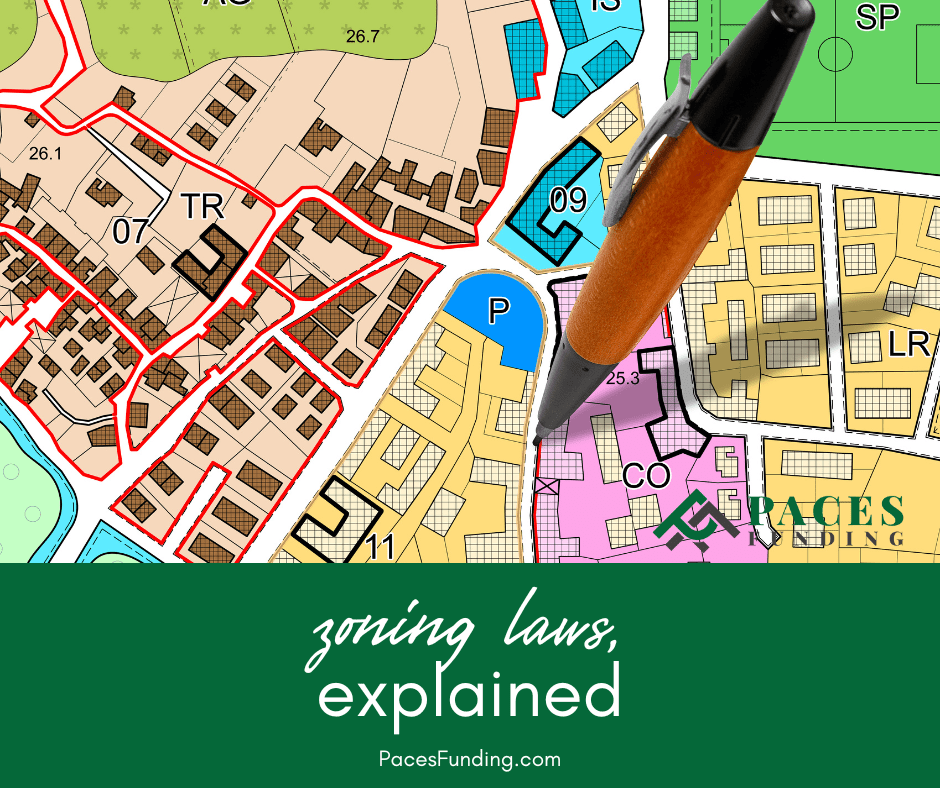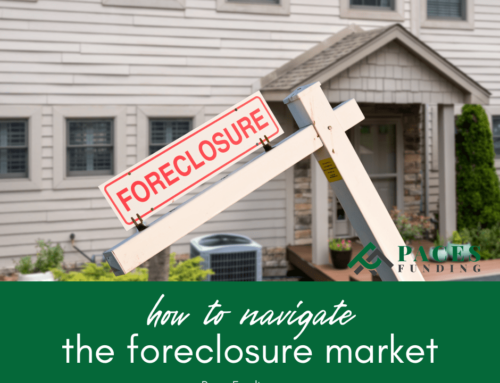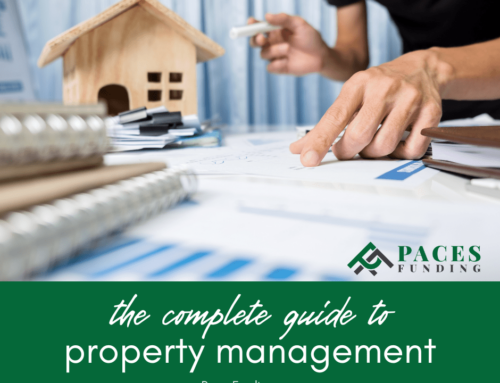
Zoning Laws, Explained
Zoning laws play a crucial role in real estate development and investment. This guide explains what zoning laws are, how they impact property use, and how investors can navigate them to maximize their opportunities.
Zoning Laws, Explained
Understanding zoning laws is essential for real estate investors and developers. This guide covers the basics of zoning laws, types of zoning classifications, how to navigate zoning regulations, and the impact of zoning on property value and development. This guide explains the following:
- What zoning laws are
- Types of zoning classifications
- How to navigate zoning regulations
- The impact of zoning on property value
- Zoning variances and exceptions
Here’s a closer look at each.
What Zoning Laws Are
Zoning laws are regulations established by local governments to control the use of land and buildings within a municipality. These laws divide a city or town into different zones or districts, each with specific rules governing the types of activities that can occur within them. The primary purpose of zoning laws is to ensure orderly development, protect property values, and promote public health and safety. Zoning regulations can dictate the types of buildings allowed, their height, density, and how they are used.
Related: Hard money loan advice
Types Of Zoning Classifications
Zoning classifications vary by municipality, but they generally fall into several broad categories:
Residential Zoning: This classification is for areas designated for housing. It can include single-family homes, multi-family units, apartments, and condominiums. Regulations may specify minimum lot sizes, building heights, and setbacks from property lines.
Commercial Zoning: Commercial zones are designated for business activities such as retail stores, offices, and restaurants. These zones may have restrictions on the types of businesses allowed and requirements for parking, signage, and building design.
Industrial Zoning: Industrial zones are intended for manufacturing, warehousing, and other industrial activities. These areas often have specific regulations to minimize environmental impact and ensure public safety.
Agricultural Zoning: This classification is for areas used for farming and agricultural activities. Regulations may limit the types of buildings and uses allowed to preserve the land for agricultural production.
Mixed-Use Zoning: Mixed-use zones allow for a combination of residential, commercial, and sometimes industrial uses within the same area. This type of zoning promotes flexible land use and can support vibrant, walkable communities.
How To Navigate Zoning Regulations
Navigating zoning regulations requires a thorough understanding of the local zoning code and careful planning. Here are some steps to help you navigate zoning laws effectively:
Research Local Zoning Codes: Start by obtaining a copy of the local zoning code from the municipal planning department or website. This document outlines the zoning classifications, regulations, and procedures for obtaining permits and variances.
Consult With Local Authorities: Meet with local zoning officials or planning staff to discuss your project and ensure it complies with zoning regulations. They can provide valuable insights and guidance on how to proceed.
Hire A Professional: Consider hiring a land use attorney, urban planner, or zoning consultant to help you navigate complex zoning laws. These professionals can assist with interpreting regulations, obtaining necessary permits, and representing your interests in zoning hearings.
Prepare A Detailed Plan: Develop a comprehensive plan that outlines your project’s scope, including site plans, building designs, and intended uses. Ensure your plan meets all zoning requirements and addresses any potential concerns.
Related: Real estate market analysis for investors
The Impact Of Zoning On Property Value
Zoning laws can significantly impact property values and development potential. Here are some key considerations:
Land Use Restrictions: Zoning regulations can limit the types of activities allowed on a property, which can affect its market value. For example, a property zoned for commercial use may be more valuable than one zoned for residential use in a high-demand commercial area.
Development Potential: Zoning laws can dictate the density and scale of development allowed on a property. Higher density zoning, such as for multi-family residential or commercial use, can increase a property’s value by allowing for more intensive development.
Neighborhood Stability: Zoning laws help maintain the character and stability of neighborhoods by regulating land use and preventing incompatible activities. This can enhance property values by ensuring a predictable and orderly development pattern.
Zoning Variances And Exceptions
In some cases, property owners may seek variances or exceptions to zoning regulations. Here’s how this process typically works:
Variance Requests: A variance is a request to deviate from specific zoning requirements, such as building height or setback restrictions. Property owners must demonstrate that the variance is necessary due to unique circumstances and that it will not negatively impact the surrounding area.
Special Use Permits: Some zoning codes allow for special use permits, which grant permission for specific activities not typically allowed in a particular zone. These permits often require a public hearing and approval from the local zoning board.
Zoning Appeals: Property owners can appeal zoning decisions if they believe the regulations are being unfairly applied or interpreted. Appeals are typically reviewed by a zoning board or planning commission.
FAQ About Zoning Laws
Check out these commonly asked questions about zoning laws. If you don’t see your question here, please call our office and we’ll find you the answers you need.
What Are Zoning Laws?
Zoning laws are regulations set by local governments to control land and building use within a municipality. They divide areas into zones with specific rules for development and use.
How Do Zoning Laws Affect Property Value?
Zoning laws impact property value by determining allowable land uses and development potential. Properties in zones allowing higher density or commercial use may have higher values.
Related: Understanding homebuyers when you sell a flip
What Is A Zoning Variance?
A zoning variance is a request to deviate from specific zoning requirements. It requires demonstrating that the variance is necessary due to unique circumstances and won’t harm the surrounding area.
How Can I Find Out My Property’s Zoning Classification?
You can find your property’s zoning classification by consulting the local zoning map, which is available from the municipal planning department or online on the municipality’s website.
What Should I Do If My Project Doesn’t Comply With Zoning Regulations?
If your project doesn’t comply with zoning regulations, you can seek a variance, apply for a special use permit, or consult with a land use attorney or zoning consultant to explore your options.
Understanding zoning laws is essential for successful real estate investment and development. By familiarizing yourself with local zoning regulations, consulting with professionals, and navigating the permitting process, you can maximize your property’s potential and ensure compliance with all applicable laws.
Do You Need a Hard Money Loan?
Paces Funding is the top hard money lender in Georgia, North Carolina, South Carolina and Tennessee. Apply for a hard money loan here or click through our site to find out how we can help you now!














